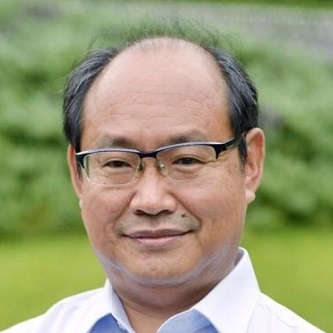We recall the development from Cyber-Physical-Systems (CPS) to Human-Cyber-Physical Systems (HCPS) in past two decades. We shall clarify some concepts and discuss major challenges from system engineering perspectives. We argue that, to advance the research and development of HCPS, we need a novel theory of human-cyber-physical computation, which can be seen as revised ubiquitous computing. To develop engineering systems of human-cyber-physical systems, we propose the research on contract-based architecture modelling to support model-driven construction and evolution of HCPS, and the development of technology for software defined HCPS. Based on the system architecture, we argue for controllable, composable and reusable (i.e. trustworthy) AI systems to advance the system engineering of HCPS. The talk is based on the proposal for the China National Science Foundation Key project proposal on Theory of Modelling and Software Defined Method for Systems of Human-Cyber-Physical Computing in collaboration with Professors Wei Dong, Miaomiao Zhang and Guanjun Liu.
human-cyber-physical systems, theory of human-cyber-physical computation, contract-based model of architecture, evolution, software defined HCPS, trustworthy AI systems
The work is supported in part by Capacity Building Grant of Southwest University (SWU116007) and China National Nature Foundation (NNSF) projects (61802318, 61732019, 61672435, 61811530327).

Centre for Research and Innovation in Software Engineering (RISE)
Southwest University, Chongqing
Zhiming Liu has been working in the area of software theory and methods. He is known for his work on Transformational Approach to Fault-Tolerant and Real-Time Systems, Probabilistic Duration Calculus for System Dependability Analysis, and rCOS Method for Object-Oriented and Component-Based Software. Zhiming Liu studied mathematics in university. He holds a MSc in Computing Science from Software Institute of CAS (1988) and a PhD in Computer Science from University of Warwick (1991). Zhiming Liu joined Southwest University in Chongqing as a full-time professor of computer science in 2016. He is leading the development of the University Centre for Research and Innovation in Software Engineering (RISE). Before Southwest University, he worked in three universities in the UK (1988-2005 and 2013-2015) and the United Nations University – International Institute for Software Technology (Macau, 2002-2013).